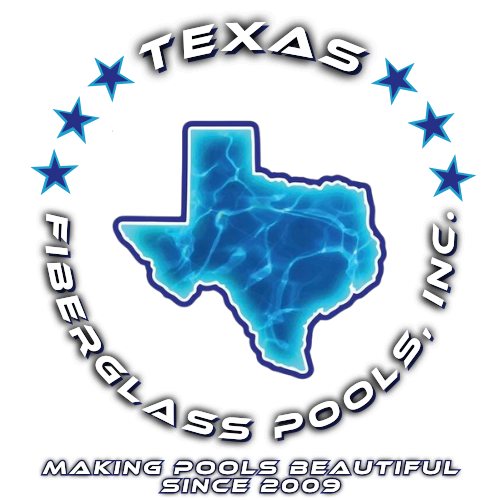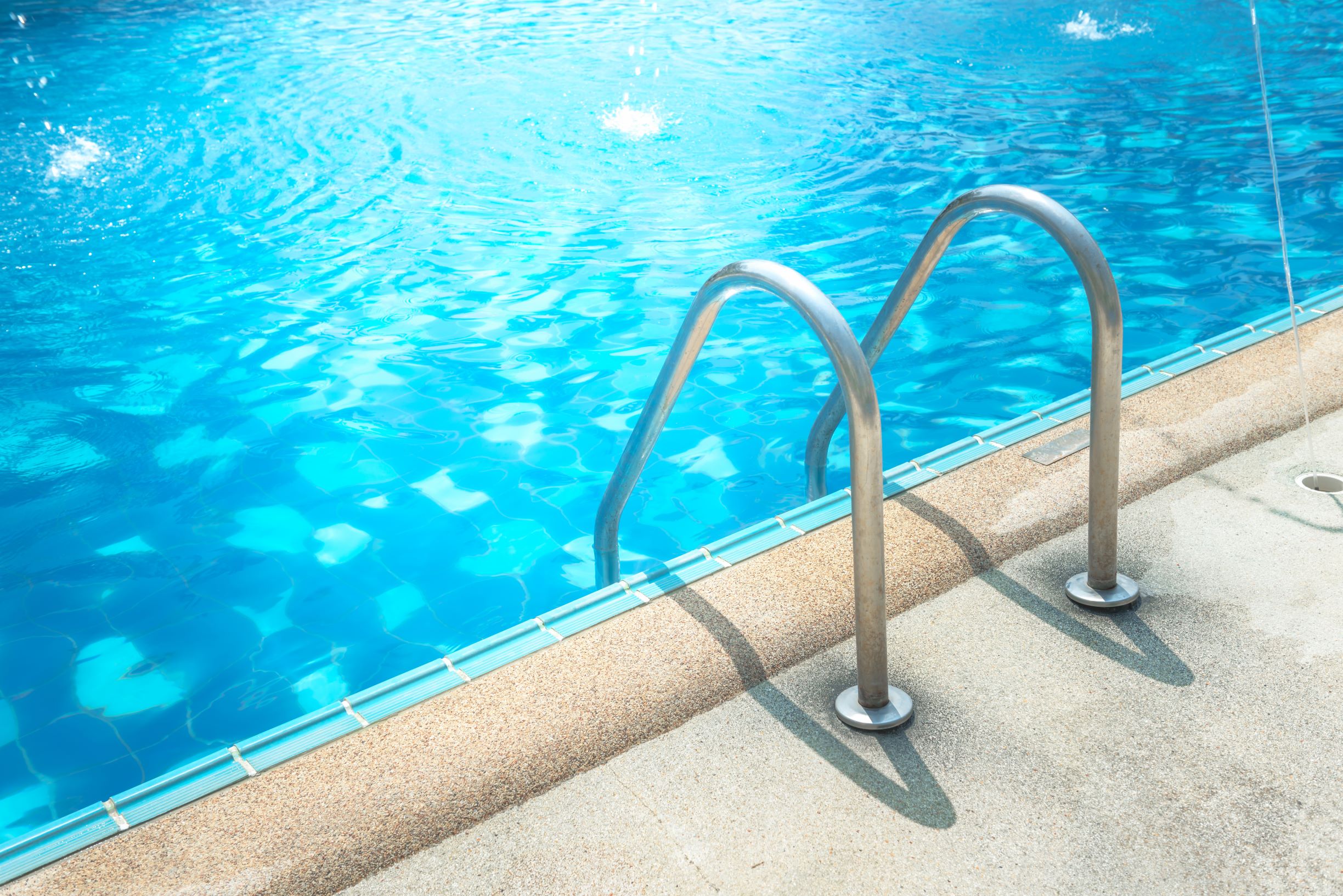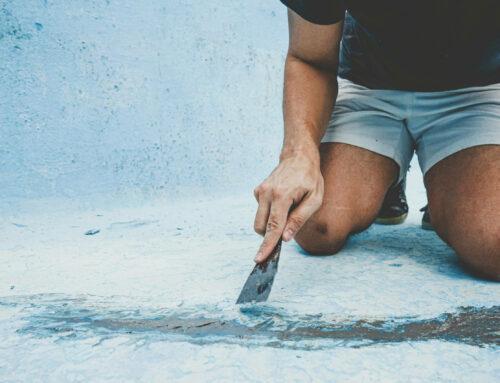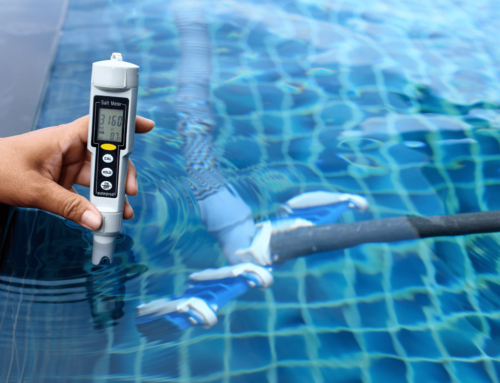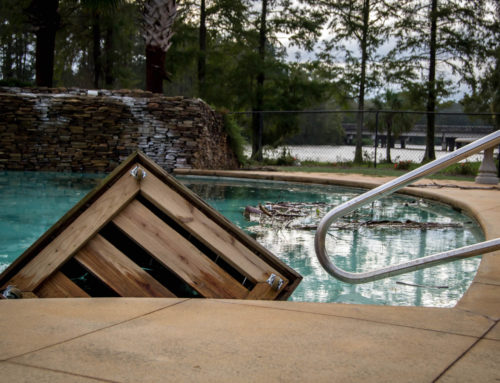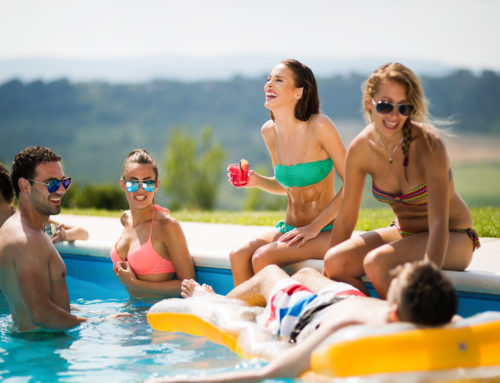Summer is here and it’s going to be a minute before temperatures begin to cool down. While you enjoy the relaxation of your swimming pool, keep in mind that your pool could be negatively impacted by the heat. Not every material was meant to withstand day after day sun exposure, and issues can quickly arise, so you can’t remodel your pool with just anything.
Here’s a look at how your pool’s makeup and chemicals could spell out a recipe for disaster for your summer fun.
Sunlight Impacts Your Free Chlorine
While sunlight may feel great on your body, your swimming pool’s free chlorine suffers from exposure to sun rays. In fact, the total water quality of your pool and it’s free chlorine can be compromised on some of the hottest summer days.
Heat weakens your pool’s free chlorine and poses the risk of germ-growth in your water. This leaves your family susceptible to:
- Excess oils from swimmers
- Sunscreen spreading throughout the pool
- Salmonella, E. Coli, and other germs
More Chemicals Means More RIsk for a Swimming Pool
Swimming pools that rely on chlorine should only be treated by a swimming pool professional. Someone who notices that their chlorine is being affected by the heat should never continuously add unknown amounts of the chemical to a swimming pool.
The risks of too much chlorine in a pool is dangerous for a family and can include:
- Sudden nausea
- Itchy eyes
- Difficulty breathing
- Burning in the throat
In order to keep your family’s best interests in mind, any issue with your swimming pool’s plumbing or chemicals should always be approached by an industry professional.
Summer Rains Could Increase Unwanted Bacteria in Your Concrete Pool
Concrete swimming pools are full of exposed pores that are invisible to the naked eye. When the heat turns up in Texas, it creates a perfect storm for unwanted pool problems. Sunlight and water are the reasons behind algae growth and increased bacteria.
How Does a Fiberglass Pool Hold Up in the Heat?
Fortunately, there is a solution for pool problems in the heat via fiberglass swimming pool resurfacing. Regardless of the summer heat a fiberglass pool requires less chemicals, less maintenance, and isn’t porous.
So, keep the sun at bay with the help of fiberglass protection coating the interior of your swimming pool.
Beat the Heat This Summer With Texas Fiberglass Pools
Yes, your pool was built for the summer sun, but if you have an older concrete pool it may be time for a fiberglass resurfacing that helps combat 100 plus temperatures. Texas Fiberglass Pools can help you repair and resurface your pool so that it lasts for many summers to come without issue.
If you feel like your pool is experiencing some negative heat effects, we’re ready to help! Contact us today to schedule a free inspection and get the resurfacing process started.

